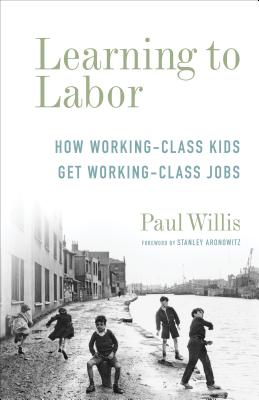Expedite your nonfiction book discovery process with Readara interviews, summaries and recommendations, Broaden your knowledge and gain insights from leading experts and scholars
In-depth, hour-long interviews with notable nonfiction authors, Gain new perspectives and ideas from the writer’s expertise and research, Valuable resource for readers and researchers
Optimize your book discovery process, Four-to eight-page summaries prepared by subject matter experts, Quickly review the book’s central messages and range of content
Books are handpicked covering a wide range of important categories and topics, Selected authors are subject experts, field professionals, or distinguished academics
Our editorial team includes books offering insights, unique views and researched-narratives in categories, Trade shows and book fairs, Book signings and in person author talks,Webinars and online events
Connect with editors and designers,Discover PR & marketing services providers, Source printers and related service providers

Learning to Labor: How Working-Class Kids Get Working-Class Jobs
Social Science > Sociology - Urban
- Columbia University Press
- Paperback
- 9780231178952
- 8.4 X 5.4 X 0.8 inches
- 0.9 pounds
- Social Science > Sociology - Urban
- (Single Author) Asian American
- English
Readara.com
Book Description
Learning to Labor demonstrates the pervasiveness of class in lived experience. Its detailed and sympathetic ethnography emphasizes subjectivity and the role of working-class people in making their culture. Willis shows how resistance does not simply challenge the social order, but also constitutes it. The lessons of Learning to Labor apply as much to the United States as to the United Kingdom, especially the finding that education, rather than helping overcome hierarchies, can often perpetuate them, which is of renewed relevance at a time when education is trumpeted as meritocratic and a panacea for inequality.
Author Bio
Paul Willis is a professor in the faculty of education at Beijing Normal University. His books include The Ethnographic Imagination (2000), Moving Culture (1990), and Profane Culture (1978).
Source: Columbia University Press
Videos
No Videos
Community reviews
No Community reviews

